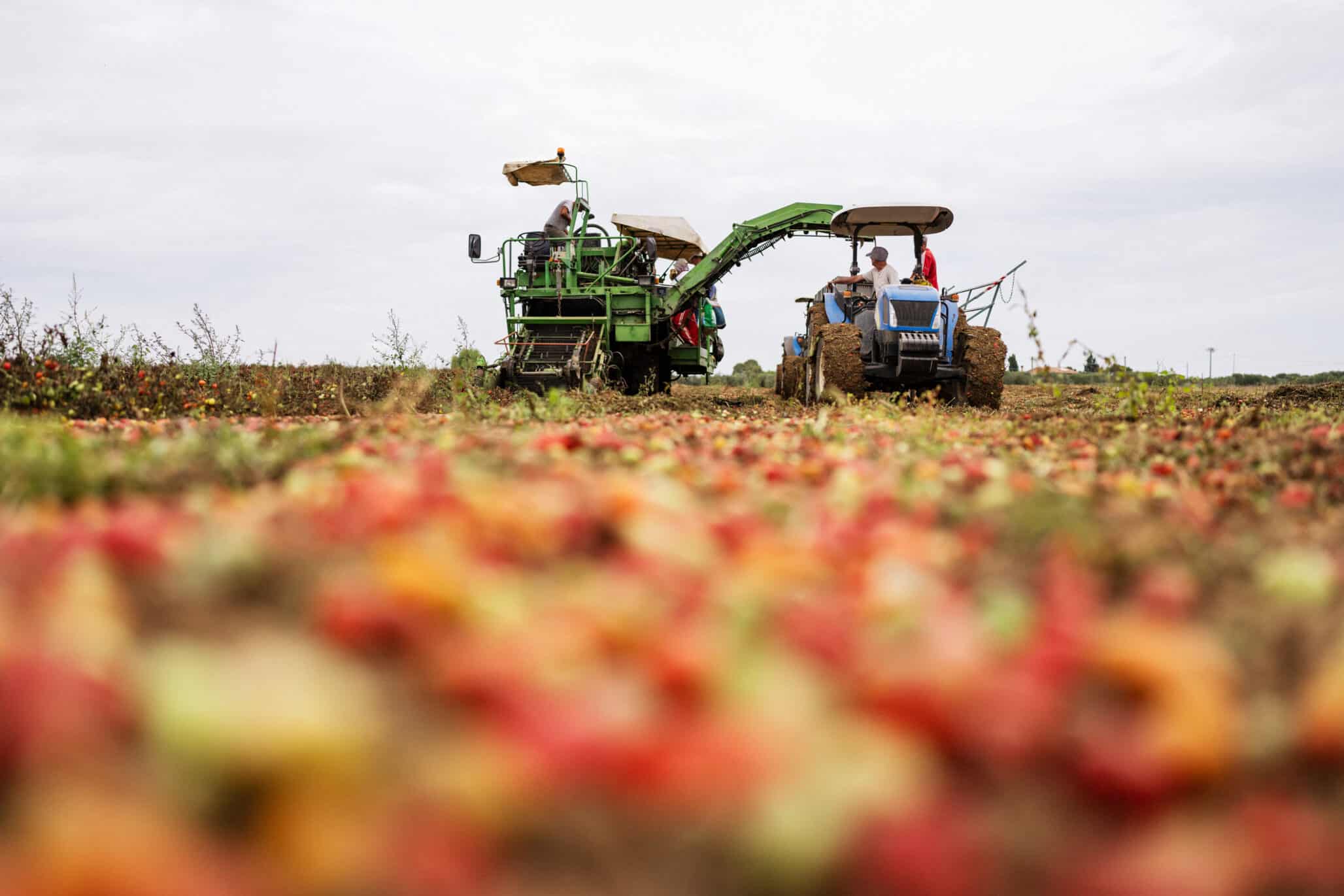Italy is a country with a high horticultural vocation. It is a European leader in the production of vegetable and aromatic seeds: the numbers say it. In 2022, an area of almost 39,000 hectares was cultivated for this purpose. The figures are increasing, there is more than a doubling from 2012 to today, with an annual +5 per cent in 2022. Seed production takes place from north to south, with a clear prevalence of Emilia-Romagna, followed by Puglia, Marche, Molise and seven other regions in Italy. The most reproduced species are radish, mustard, cabbage, radicchio and onion, with three-zero digits in term of surface. In total, the number of multiplied species exceeds 50.
Italian companies produce seeds for the domestic market, but also for foreign ones; see for example coriander, a species cultivated mainly in India. Even seed multinationals look at Italy with great interest for its long tradition.
An interesting income opportunity for a sector heavily damaged, first by COVID-19 and then by climate anomalies. The high professionalism and specialization of Italian farmers are a guarantee recognized and sought after everywhere. In fact, the total turnover produced by the Italian horticultural seed sector is estimated at over 300 million euro, equal to 29 per cent of the entire national business, thanks to the work of around 80 companies engaged in the research, production and sale of vegetable seeds. In July 2023, the new National Plan for Organic Seeds was approved, which further qualifies the work of Italian seed companies, allowing an increasingly wider range of organic seeds to be made available.
Research Needs to be Updated
To gain competitiveness, the Italian horticultural sector is firmly focusing on new genetic research techniques, known as NGTs. The latter, as stated in the EU Green Deal, “can bring a decisive impulse to the development of new varieties capable of giving concrete answers to the objectives defined by the new community strategies”. In other words, the European targets relating to the reduction of the use of pesticides and synthetic fertilizers, as well as the development of organic cultivation, can, thanks to NGTs, be approached in shorter times and with lower costs. The favourable vote of the EU Parliament last February on the proposed regulation for the development of these techniques, which will now have to be evaluated by the Council of the European Union, could lead to final approval within the next few months.
In various countries, hundreds of more or less advanced research programs that use NGTs are already operational. Many are concerned about horticultural species, in particular the tomato. For example, varieties enriched with GABA (an anti-anxiety amino acid), or tolerant to certain pathologies, are even capable of more efficient use of water. Again, for tomatoes and other horticultural (and non-horticultural) species, there are interesting projects involving CREA (the leading Italian research organization dedicated to the agri-food supply chains, supervised by the Ministry of Agriculture, Food Sovereignty and Forests-Masaf) and some Italian universities. The world of research is ready to go.
Ensure the Highest Quality
The Italian seed sector is strongly committed to improving the already high quality of its production. The seed supply chain is being updated through innovation. Currently this represents a reality of excellence in agriculture also in the international markets, but it is believed that only continuous renewal can guarantee leadership.
The Smartseed project uses the “Seed Mapping” software, capable of verifying the distance between crops, with the aim of avoiding any genetic pollution between multiplying crops. It is already fully used by all companies that reproduce seeds of horticultural species. It allows the georeferencing of plots, defining the isolation distances and possible interferences between crops of the same species but different varieties through complex algorithms.
Traceability: A Fundamental Value for a Quality Supply Chain
Road to Quality is the Italian seed-to-table certification project for vegetable species. The consumer can count on a brand that certifies the origin, health, sustainability and commitment to adopting ethical production processes along the entire supply chain. It is the result of teamwork, which brings together for the first-time seed companies, nurserymen, farmers and food processing industries, to offer large-scale retail trade and therefore consumers the tools for complete and transparent communication.
Franco Brazzabeni is commercial and marketing consultant in the international agribusiness, Member of the Board of Assosementi and of ISF Groups and writes a blog on www.agrinotes.it.












